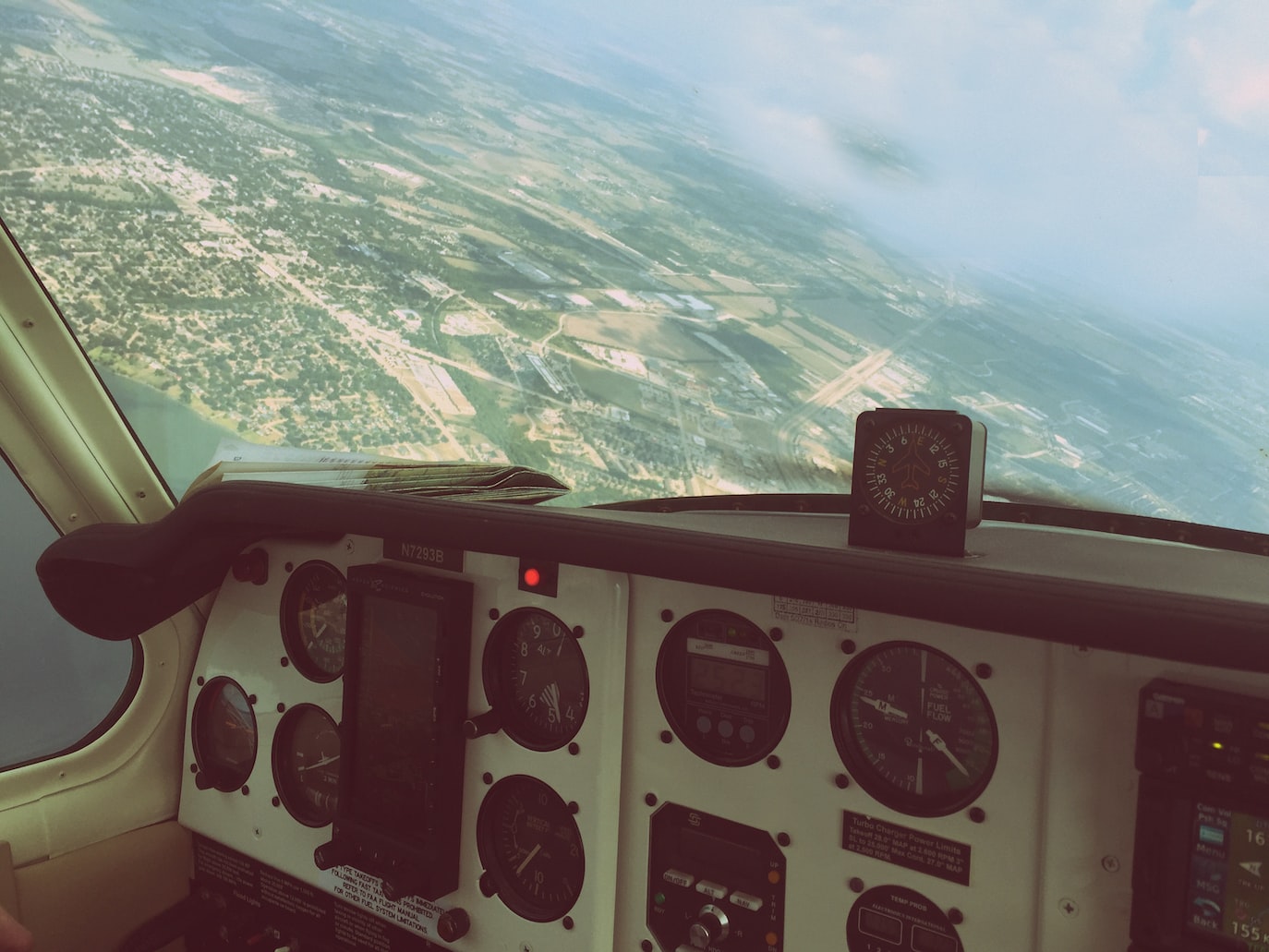As an avid traveler, you may have heard of the term “bird strike” in relation to aviation. Although bird strikes are a relatively rare occurrence, they pose a significant threat to the safety of air travel. In this article, we’ll explore the dangers of bird strikes in aviation and examine the measures that are taken to prevent them.
What is a Bird Strike?
A bird strike occurs when an aircraft collides with a bird or other wildlife. This can happen during takeoff or landing, or while the aircraft is in flight. Bird strikes can cause significant damage to the aircraft, potentially leading to engine failure, loss of control, and other serious issues.
The Risks of Bird Strikes
Bird strikes pose a significant risk to the safety of air travel. In addition to the potential damage to the aircraft, bird strikes can also pose a threat to the safety of passengers and crew. In some cases, bird strikes have led to fatalities.
Bird strikes can also have a significant financial impact on the aviation industry. Repairing damage caused by bird strikes can be costly, and bird strikes can also result in flight delays and cancellations.
Preventing Bird Strikes
A variety of measures are taken to prevent bird strikes in aviation. One of the most effective methods is to modify the environment surrounding airports in order to discourage birds and other wildlife from congregating in the area. This can include using noise-making devices, bird deterrents, and other methods to create an inhospitable environment for birds.
In addition to modifying the environment, airports also use a variety of technologies to detect and deter birds from flying near aircraft. This can include radar systems, bird detection software, and other advanced technologies that help to identify and track birds in real-time.
Pilots are also trained to be vigilant for birds and other wildlife during takeoff and landing. They are taught to report any bird sightings to air traffic control, and to take evasive action if necessary to avoid a collision.
The Importance of Bird Strike Prevention
Preventing bird strikes is essential for ensuring the safety and reliability of air travel. By taking proactive measures to discourage birds from congregating near airports and using advanced technologies to detect and deter birds in flight, the risk of bird strikes can be significantly reduced.
In addition to protecting the safety of passengers and crew, preventing bird strikes can also have a significant financial impact on the aviation industry. By reducing the number of flight delays and cancellations caused by bird strikes, airlines can improve their bottom line and provide a better overall experience for their customers. In conclusion, bird strikes pose a significant threat to the safety of air travel. By taking proactive measures to prevent bird strikes, including modifying the environment surrounding airports and using advanced technologies to detect and deter birds, the risk of bird strikes can be significantly reduced. By working together to protect the safety of air travel, we can continue to enjoy the many benefits and conveniences of air travel while minimizing the risks.


